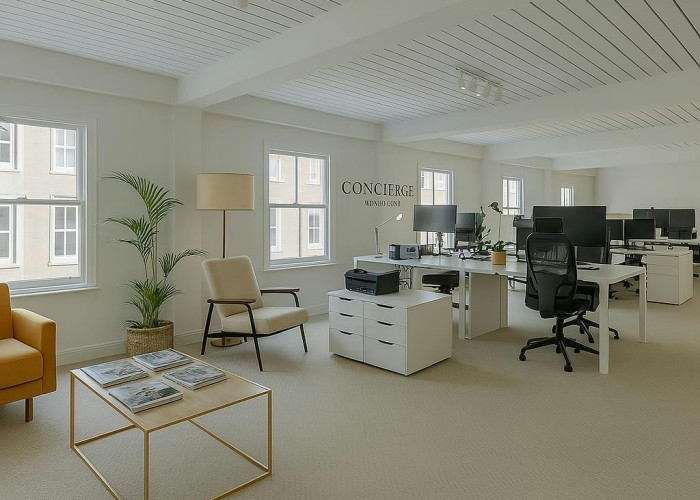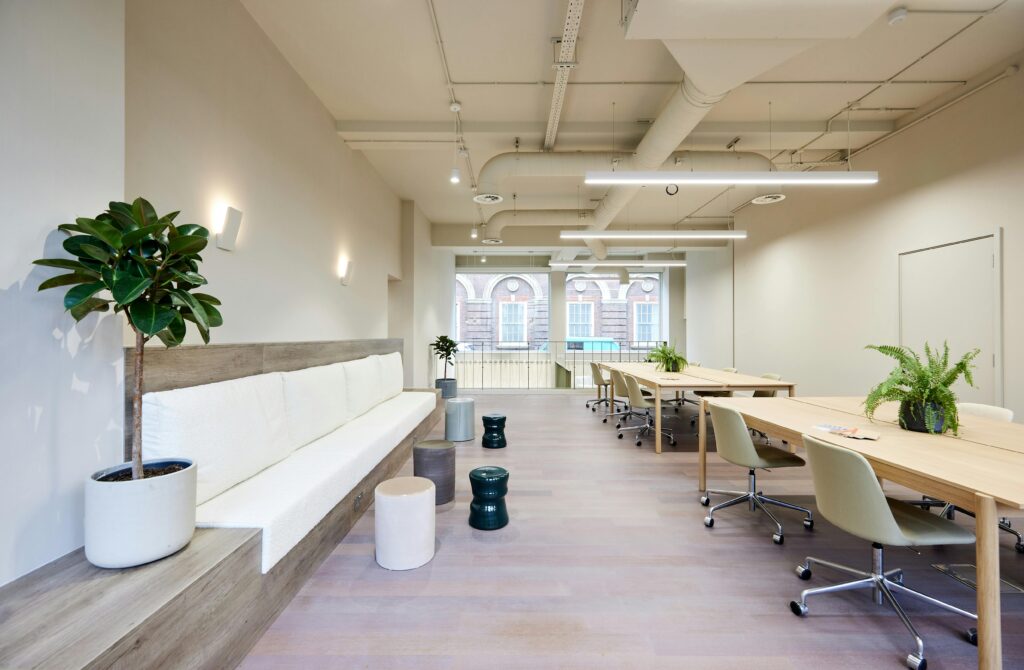London’s office rental market presents a complex landscape where location dictates price more than any other factor. Understanding these variations across different zones can save businesses thousands of pounds annually whilst ensuring they secure the right space for their needs.
What are the current office rental prices across London’s key zones?
West End offices cost £150-155 per square foot annually, City locations average £87.50 per square foot, and emerging areas like Shoreditch range from £45-70 per square foot. These figures represent the premium end of London’s office market, with significant variations depending on building quality and exact location.
The following table breaks down average rental costs across London’s major office zones:
| Zone | Prime Rate (£/sq ft) | Standard Rate (£/sq ft) | Typical Building Types |
|---|---|---|---|
| West End (Mayfair/St James’s) | £150-155 | £120-140 | Period conversions, modern towers |
| Midtown | £80-95 | £65-80 | Mixed-use developments |
| City Core | £85-90 | £70-85 | High-rise financial buildings |
| Farringdon | £90-95 | £75-90 | Tech hubs, converted warehouses |
| Canary Wharf | £65-75 | £50-65 | Modern skyscrapers |
| King’s Cross | £70-80 | £55-70 | New developments, tech spaces |
| Shoreditch | £60-70 | £45-60 | Creative spaces, converted buildings |
How much do service charges and business rates add to rental costs?
Service charges add £8-15 per square foot annually and business rates contribute another £12-20 per square foot to your total costs. These additional costs can increase your total office expenses by 30-40% above the quoted rental rate.
These additional costs can increase your total office expenses by 30-40% above the quoted rental rate. A £100 per square foot office could realistically cost £135-140 per square foot when all charges are included.

Which zones offer the best value for money?
Shoreditch and South London provide the best value at £45-70 per square foot whilst maintaining excellent transport connections. Areas like Shoreditch and parts of South London provide excellent value whilst maintaining good transport links.
Emerging areas such as Stratford and Croydon are attracting businesses seeking modern facilities at significantly lower rates. These locations often provide 40-50% savings compared to central zones whilst offering excellent connectivity.
What factors drive these price differences between zones?
Transport accessibility is the primary driver, with zones offering multiple tube lines and rail connections commanding premium rates. Zones with multiple tube lines and rail connections command premium rates due to employee convenience and client accessibility.
Building age and specification also significantly impact pricing. Grade A buildings with modern amenities, air conditioning, and flexible floor plates achieve higher rents regardless of location.
How are rental prices expected to change in 2025?
Prime locations are expected to see continued growth whilst older buildings may face pricing pressure. Market analysts expect continued growth in prime locations, with corporate demand for flexible space increasing significantly.
Budget-conscious businesses should consider emerging areas now, as transport improvements and regeneration projects typically drive future rental growth. Areas like Nine Elms and Battersea are experiencing rapid development that could impact pricing within 12-18 months.
Understanding these zonal variations allows businesses to make informed decisions about their London office location, balancing cost considerations with operational requirements and employee preferences.
